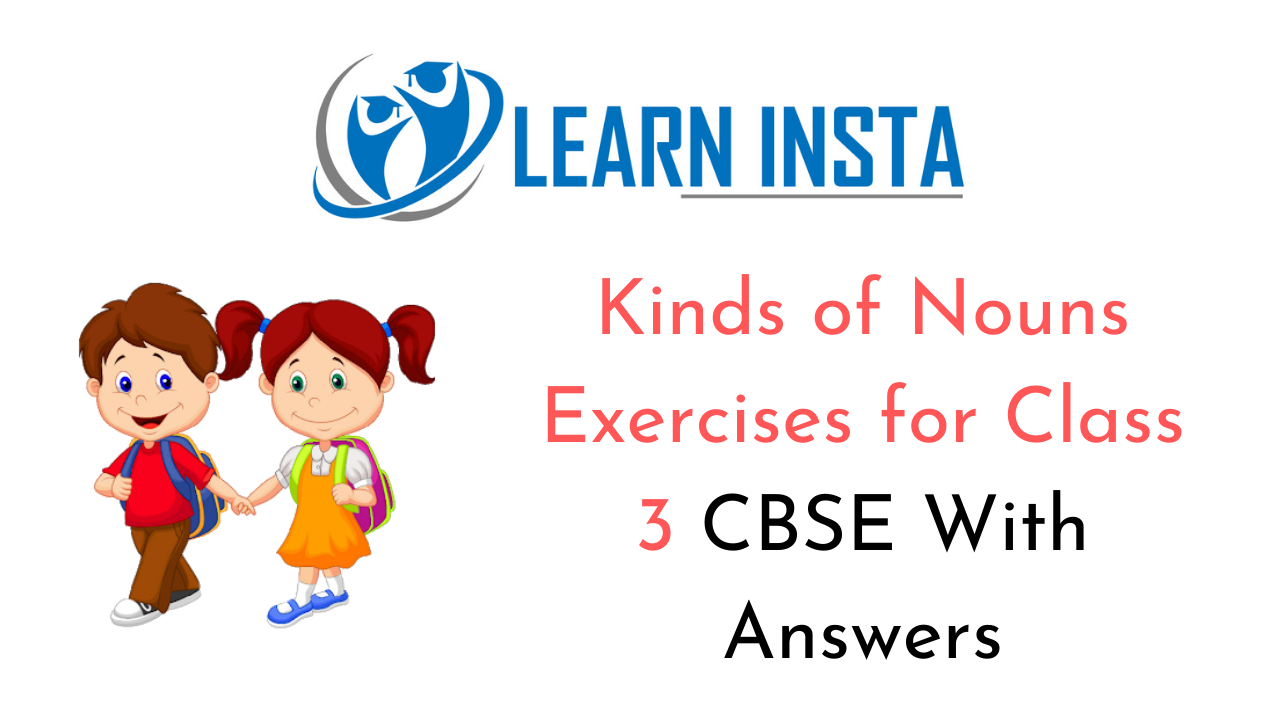
This grammar section explains English Grammar in a clear and simple way. There are example sentences to show how the language is used.
Kinds of Nouns Worksheet Exercises for Class 3 CBSE with Answers
Fundamentals
- Nouns are of four kinds-Common, Proper, Collective and Abstract.
- Common Nouns is a person, a place, an animal or a thing in general. For example: Boy, girl, city, river, animal and book.
- Proper Noun is the special name given to the particular person, place, animal or thing. For example: Ram, Ganga, Teddy, India.
- Collective nouns are used to denote a collection of common nouns. For example: A bunch of keys, a crowd of people, a team of players and a school of fish.
- Abstract Noun is the name given to something we can feel but can’t touch or see. For example: Honesty, fear, happy, sad, beauty, kindness etc.
Presentation
Read the picture story of ‘A Shepherd Boy’.
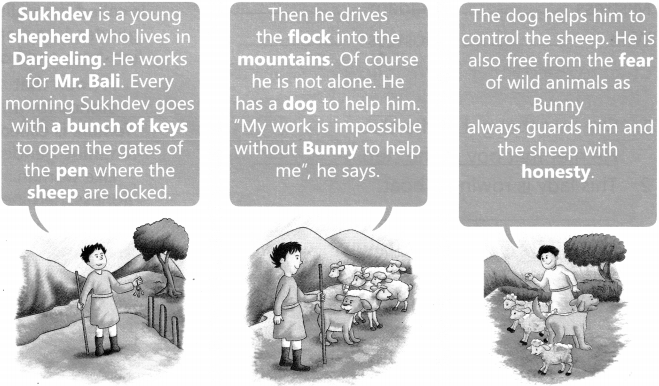
A. Answer the following questions according to the story.
1. What does Sukhdev take to open the gates of the pen? ____________
2. Who helps Sukhdev in guarding the sheep? ____________
3. Write down two qualities of Sukhdev as a Shepherd boy? ____________
4. Mention one quality of Bunny as a dog. ____________
B. Pick out the nouns from the story and write them under the correct heading.
| Common Noun | Proper Noun | Collective Noun | Abstract Noun |
| …………………………………………. …………………………………………. …………………………………………. …………………………………………. …………………………………………. …………………………………………. |
…………………………………………. …………………………………………. …………………………………………. …………………………………………. …………………………………………. …………………………………………. |
…………………………………………. …………………………………………. …………………………………………. …………………………………………. …………………………………………. …………………………………………. |
…………………………………………. …………………………………………. …………………………………………. …………………………………………. …………………………………………. …………………………………………. |
List of Collective Kinds of Nouns Worksheet Exercises for Class 3 with Examples
| Collective Nouns for Things | Collective Nouns for Animals | Collective Nouns for Persons |
| A group of islands | A catch of fish | A class of students |
| A galaxy of stars | An army of ants | An army of soldiers |
| A forest of trees | A flight of birds | A choir of singers |
| A stack of wood | A hive of bees | A crew of sailors |
| A fleet of ships | A school of fish | A band of musicians |
| A bowl of rice | A flock of sheep | An audience of listeners |
| A pack of cards | A pack of wolves | A panel of experts |
| A pair of shoes | A litter of puppies | A gang of laborers |
| A bouquet of flowers | A murder of crows | A flock of tourists |
| A bunch of keys | A kennel of dogs | A board of directors |
Kinds of Nouns Worksheet Exercises for Class 3 with Answers CBSE PDF
A. Complete the following passage with the help of collective nouns given in the box.
piece, bunch, basket, bunch, crowd, handful
Mom took Kajal, Aadi and Deepu to the zoo. The zoo was very busy.
A ____________ of people had gathered round the monkeys. One of the monkeys had a ____________ of bananas. Watching the monkey eat made the children feel hungry. Mom had a ____________ of fruits with her. She took a ____________ of grapes from it and gave it to the children. After eating the grapes, the children had a ____________ of toffees.
Aadi wanted to give one piece to a monkey, but the zookeeper gave Aadi a very useful ____________ of advice.
“Monkeys may look friendly, but sometimes they can be very fierce,” he said.
B. Underline the nouns in the following sentences and state their kind.
1. The book was lying on the table. ____________
2. Love begets love. ____________
3. We cannot live without water. ____________
4. The jury has given its verdict. ____________
5. The Hindus regard Krishna as an incarnation of Lord Vishnu. ____________
6. Alcohol is injurious to health. ____________
7. Smoking is a bad habit. ____________
8. Wild animals live in forests. ____________
9. The childhood of Pritam was full of misery. ____________
10. All the girls were singing. ____________
11. Gold is a precious metal. ____________
12. Rice is the staple food of South Indians. ____________
13. The Earth moves round the Sun. ____________
14. Mankind should love nature. ____________
15. We get wool from sheep. ____________
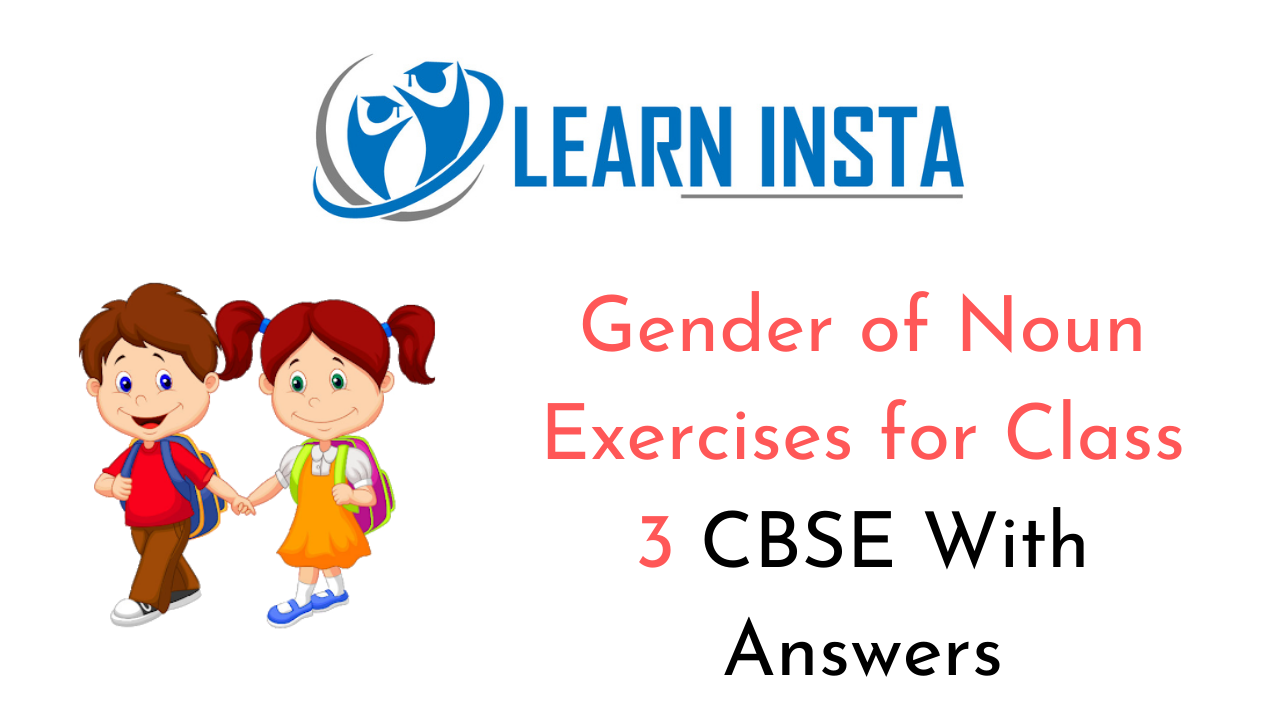

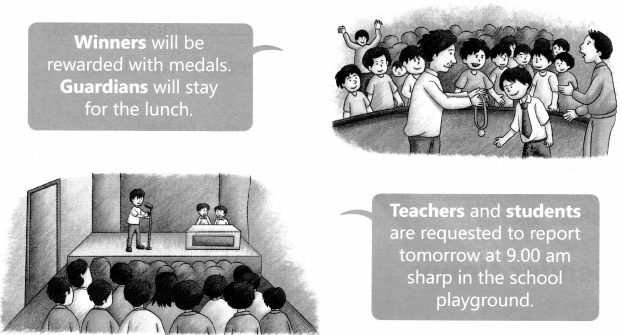
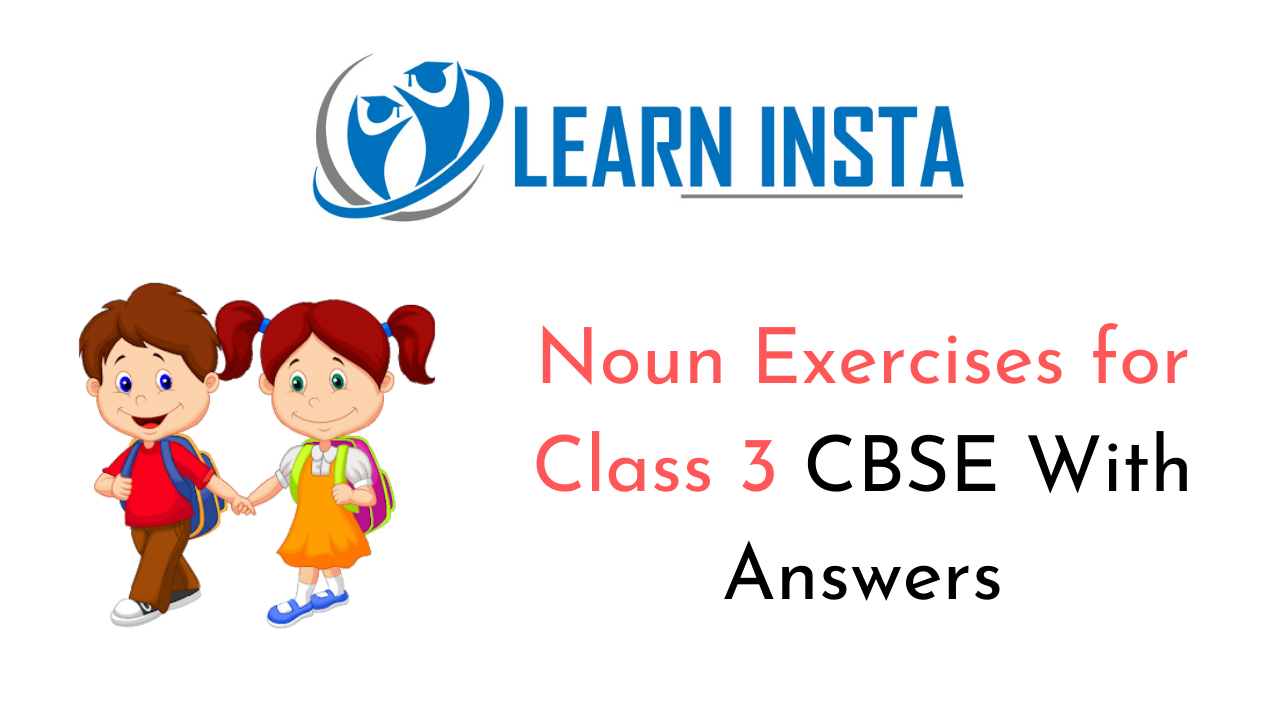
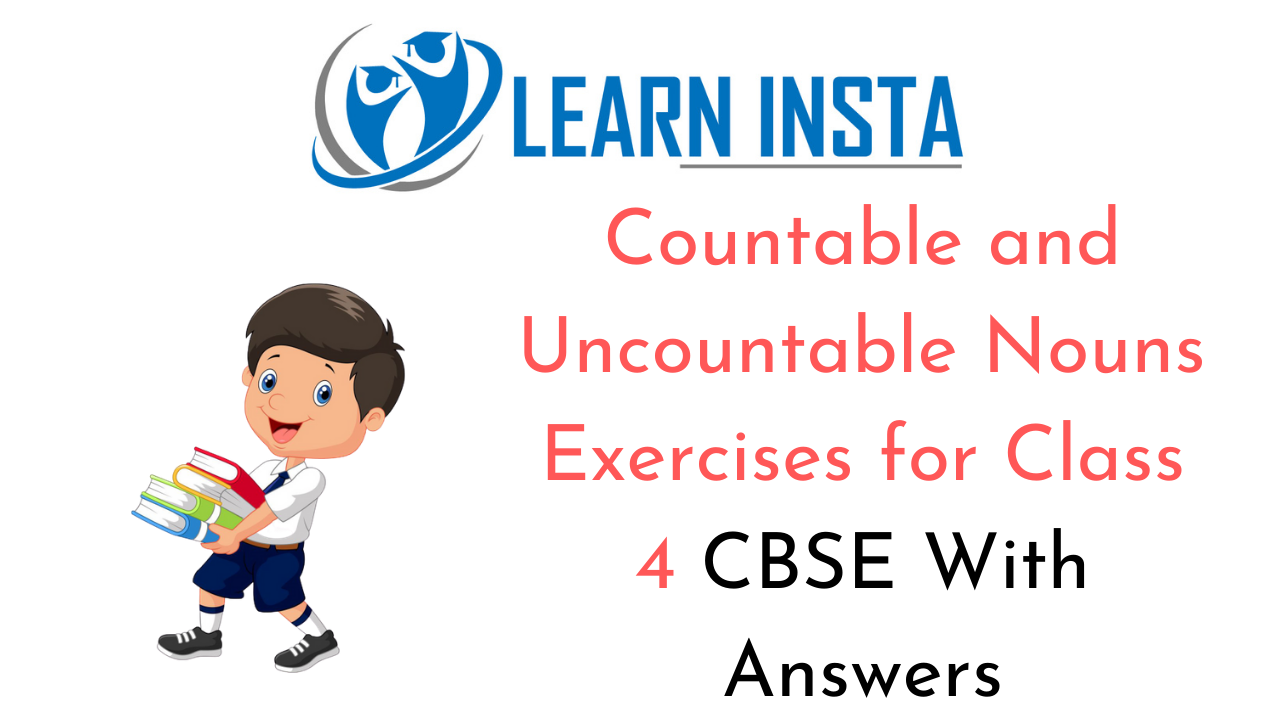 This grammar section explains
This grammar section explains 


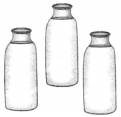

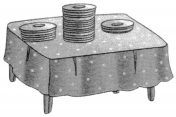
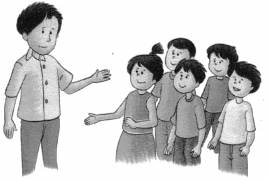
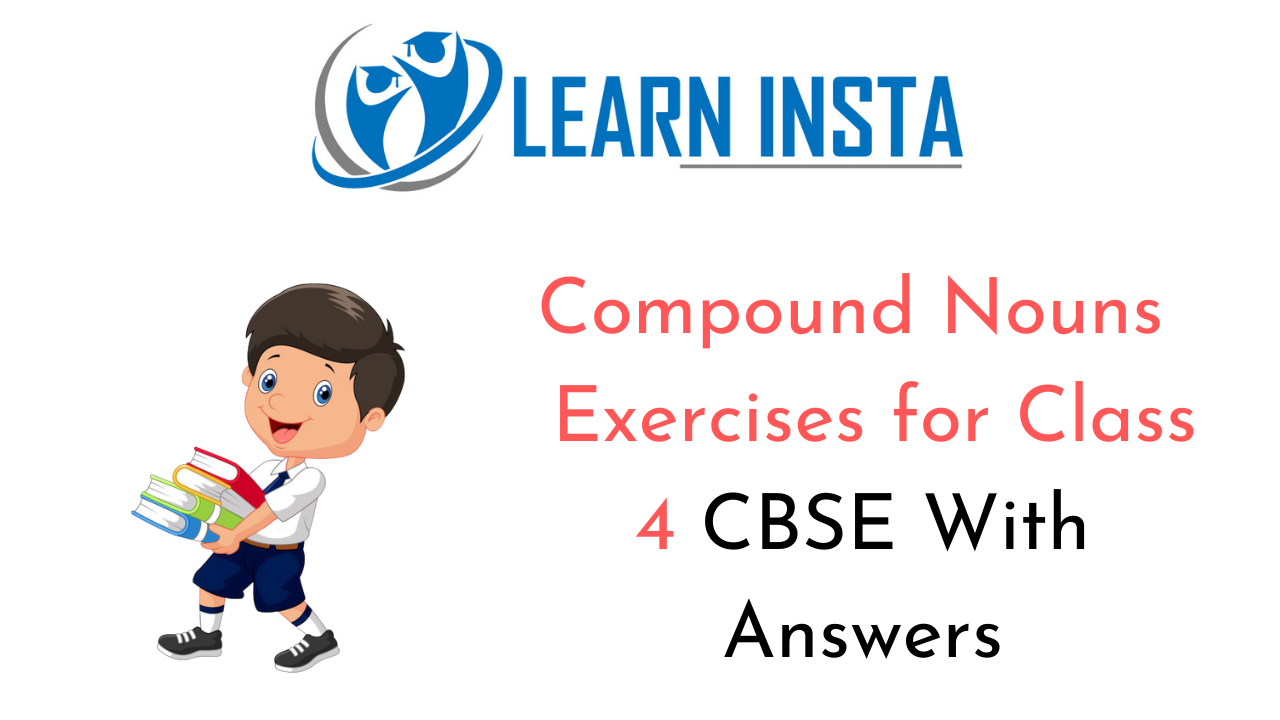 This grammar section explains
This grammar section explains 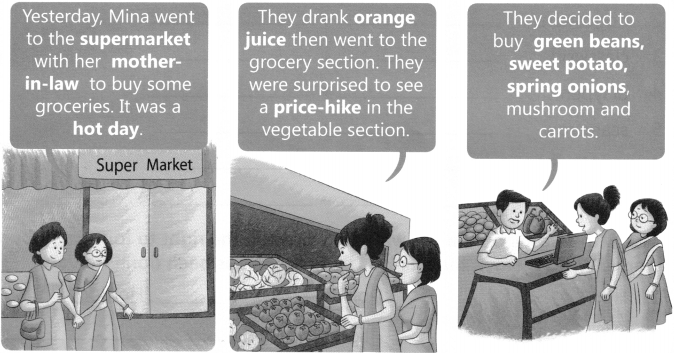
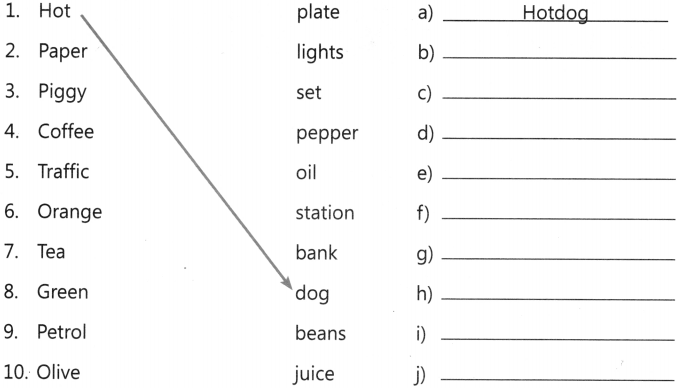
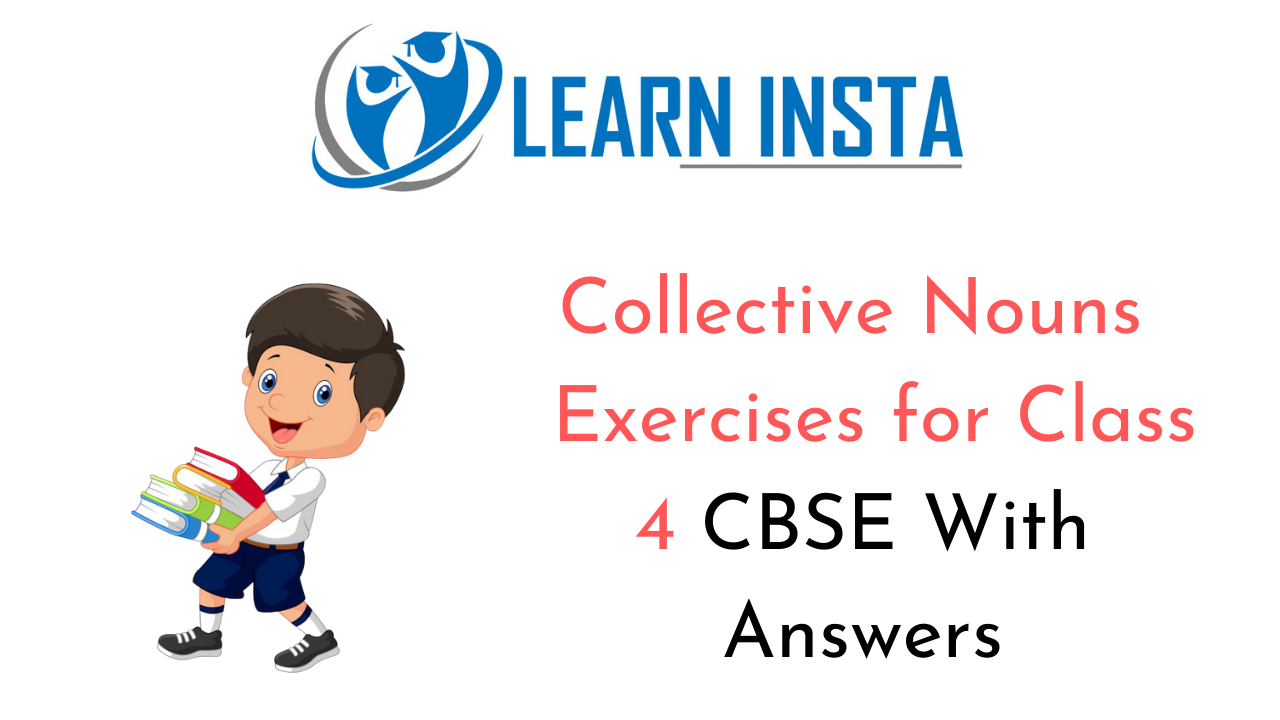 This grammar section explains
This grammar section explains 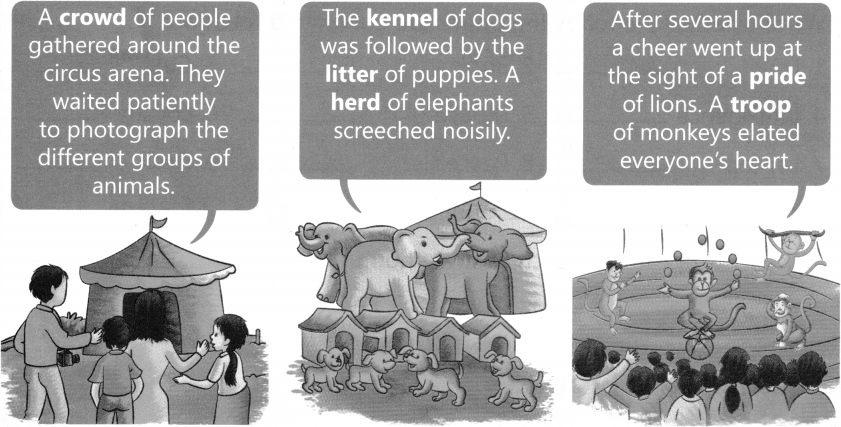
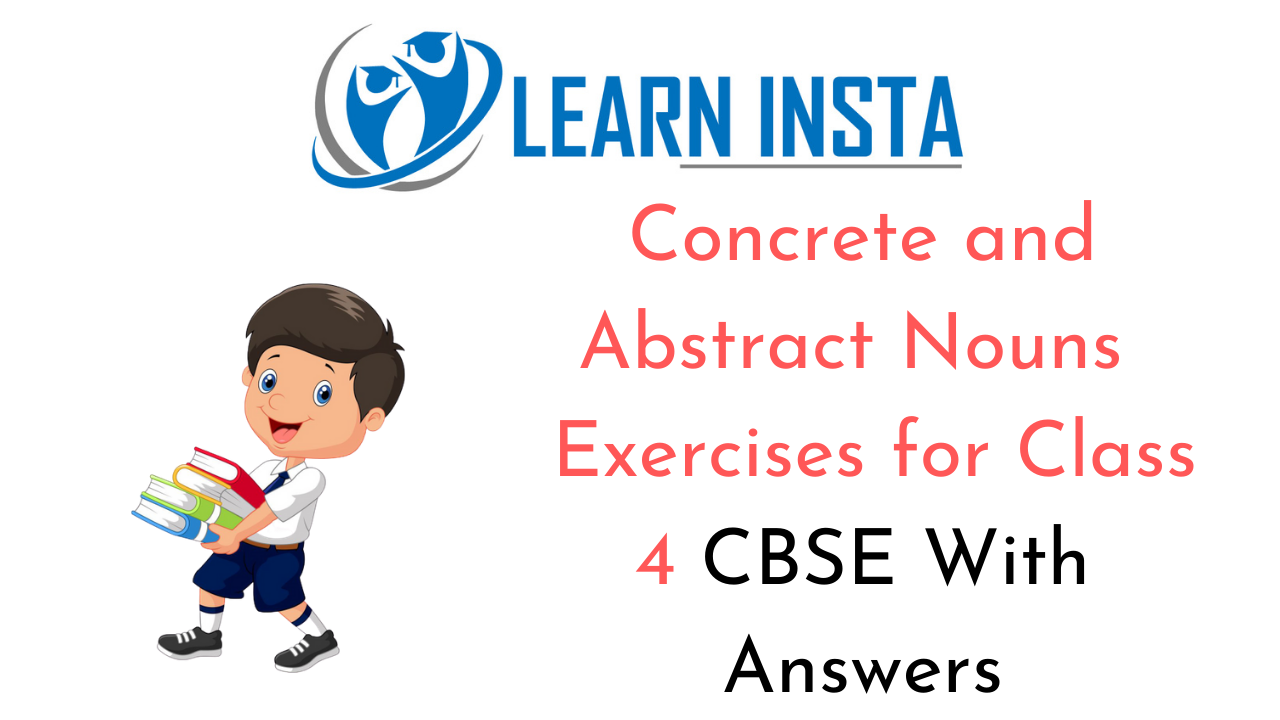 This grammar section explains
This grammar section explains 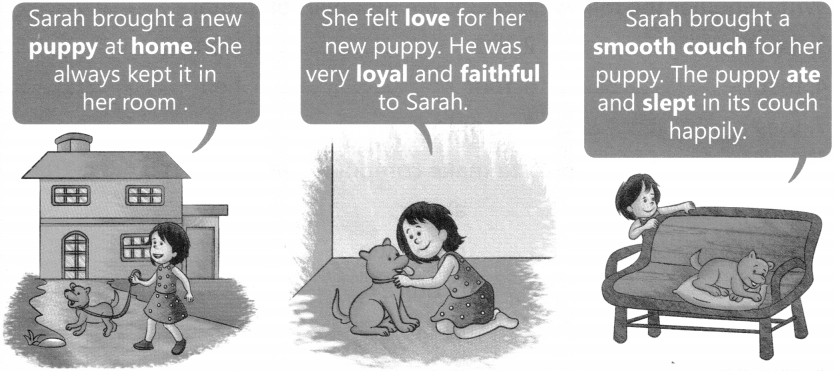
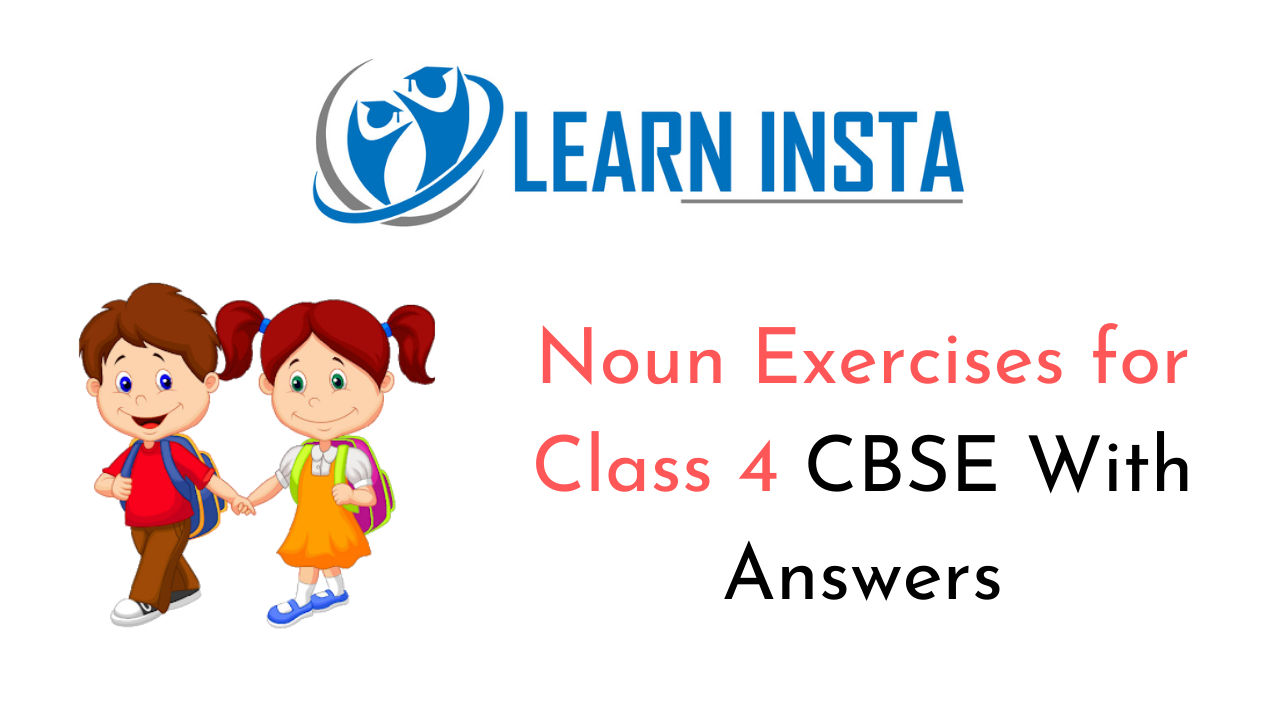 Definition: A noun is a part of speech that is used to name a person, place, thing, quality, or action. Examples: Mango, girl, boy, cat, etc.
Definition: A noun is a part of speech that is used to name a person, place, thing, quality, or action. Examples: Mango, girl, boy, cat, etc.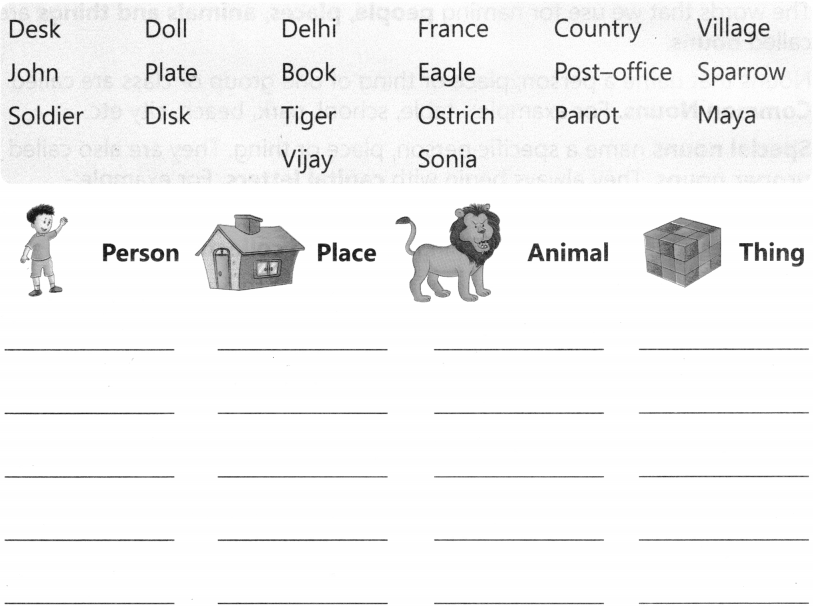
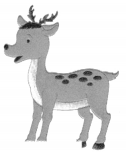
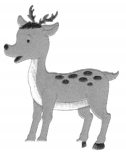
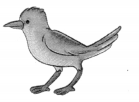
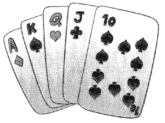
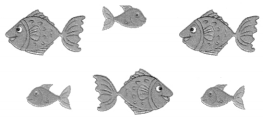
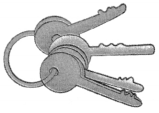
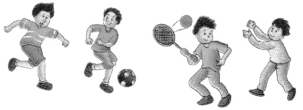
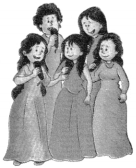
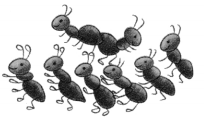
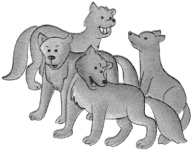
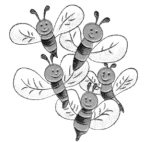
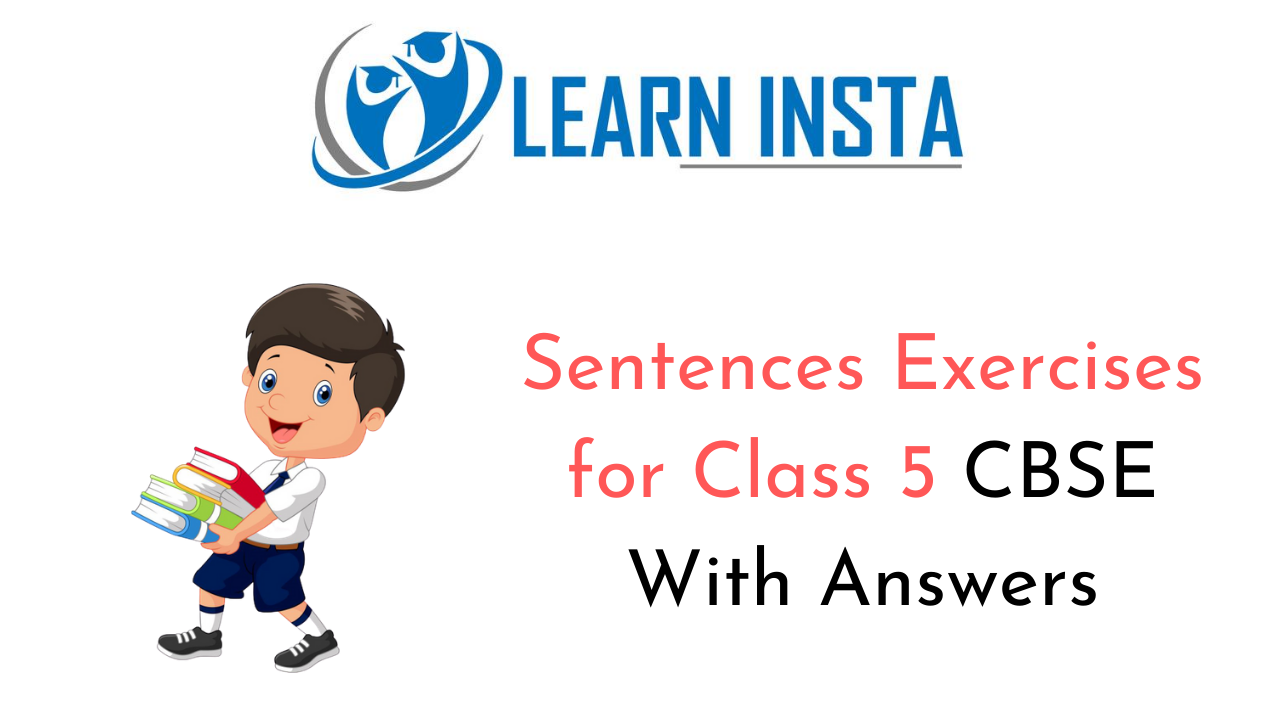 This grammar section explains
This grammar section explains 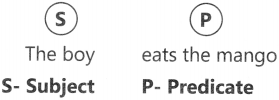
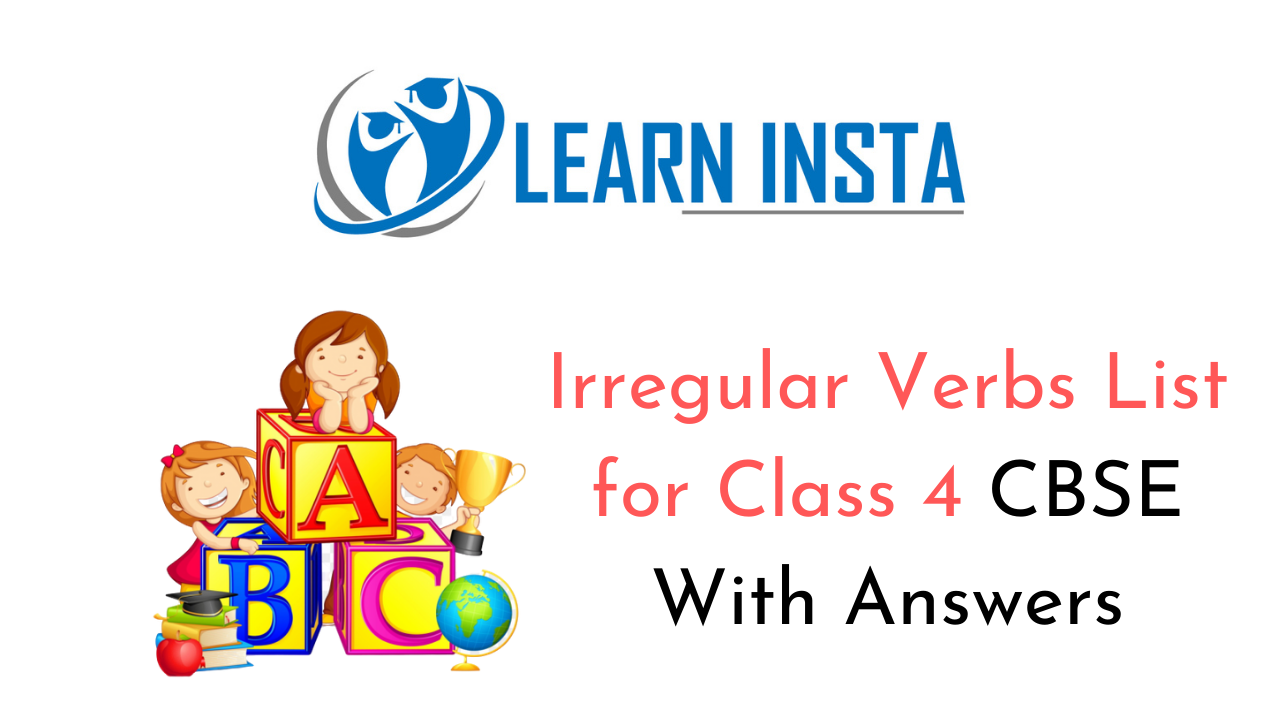 This grammar section explains
This grammar section explains 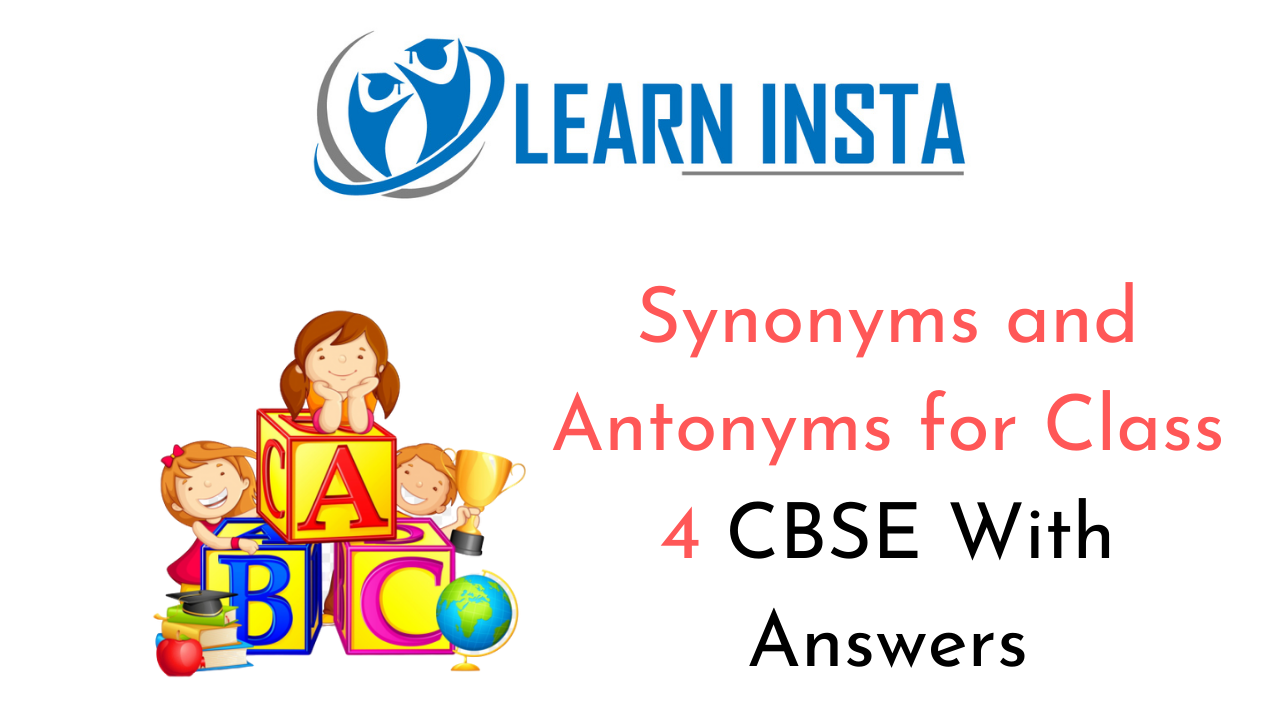 This grammar section explains
This grammar section explains